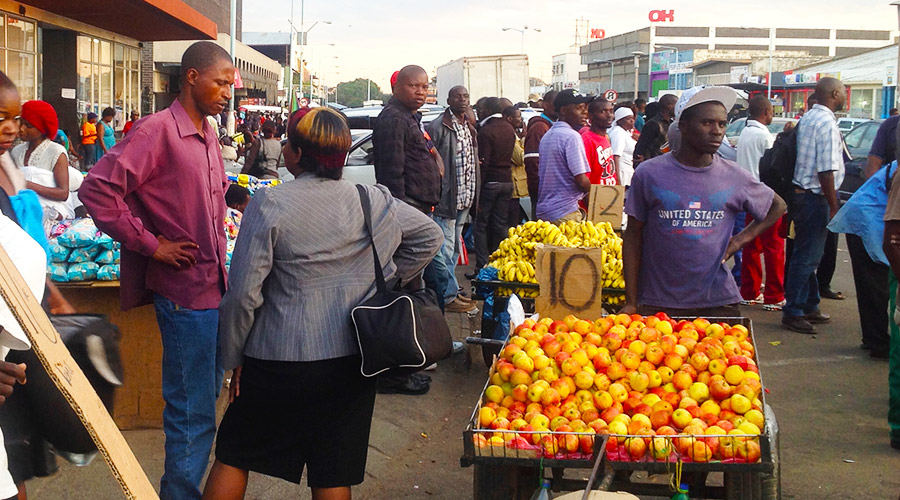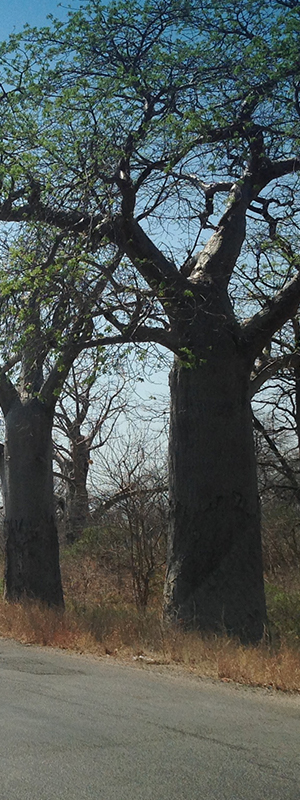Menu

On every street, market or some part of the country in Zimbabwe, there is a transaction going on, and currency (money), is the common denominator used to exchange for goods and services.
Somewhere in a store, in a mall or departmental store, a shopper will be using cash or credit card to pay for their goods. Street vendors trying to eke out a living, hustle for business and are eagerly expectant to accept cash for their wares, which can be anything from vegetables, leather goods, to electronic gadgets. Workers are seen driving to work, walking or catching a lift with the expectation at the end of week or month, they will receive some type of compensation, in exchange for their time, skill and labor, currency being the prime motivation for work.

Before there were honking taxis, cars and trucks roaring on he roads of this Southern African country, the nation was under the Monomotapa empire, where barter trade was the primary means of settling financial transactions and robust trade existed with Portuguese traders (History Today, Volume 38, Issue 8, August 1988). Pottery, gold coins, salt, various forms of livestock and crops, all constituted barter trade commodities.
Inevitable transformation to way of life is it was came with colonization by the British in 1890. The pound was the currency of Southern Rhodesia from 1965 until 1970. The Rhodesian dollar (R$), was the currency of Rhodesia from 1970 until 1980. It was subdivided into 100 cents. The dollar was introduced on 17 February 1970. It replaced the pound at a rate of $2 to 1 pound (2:1). It was a strong, stable currency throughout its history.
The Rhodesian labor force, fared reasonably well in the UDI era, with meaningful wages being earned by workers. Black Africans were typically employed as general hands in industry, construction and agriculture, the rural based ones, pursuing subsistence agriculture.
At Independence in 1980 the Zimbabwean dollar was introduced at par (1:1) with the US dollar. According to Joseph Muzuva, born in 1947 who was employed as a policeman in the now Zimbabwe Republic Police (ZRP), at the rank of Inspector and married to his stay at home wife, Mariana, he was was earning ZW $ 110 as net salary after deductions. With this salary, that peaked at ZW $256 net salary, by the time of my pensionable service retirement in 1992, he was able to send my three children to group A schools, and settle his10 year Central Africa Building Society (CABS) mortgage for my his bedrooms in Mabelreign (Harare, Zimbabwe), property with relative ease.
